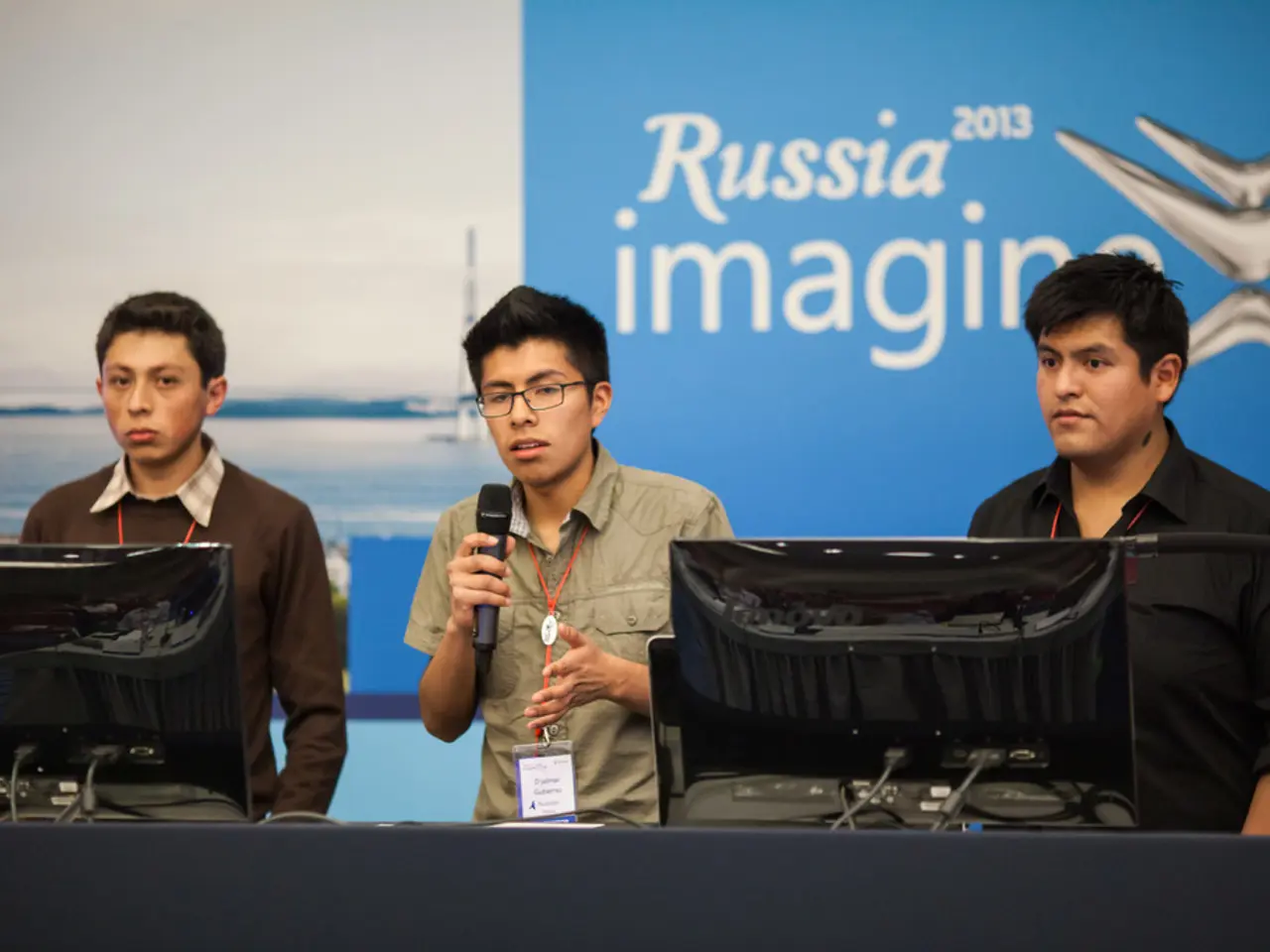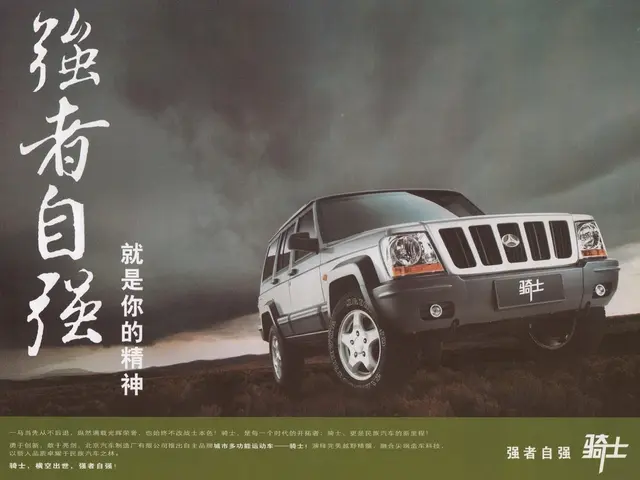Testing Every Leadership: Analysis of Putin's Approach Towards American Presidents
The relationship between the United States and Russia, as shaped by Vladimir Putin's tenure, has seen a dramatic evolution from early cooperation to increasing estrangement and conflict. This transformation has been influenced by global events and leadership dynamics.
Bill Clinton (1993-2001) and Early Putin Period
Initially, relations were positive after the collapse of the Soviet Union, with cooperation on arms control and global security. However, tensions increased around the late 1990s due to NATO's intervention in Yugoslavia (1999), opposed by Russia, and concerns about NATO expansion into Eastern Europe, which Russia saw as threatening.
George W. Bush (2001-2009) and Putin
Following the 9/11 attacks, Putin was the first to call then U.S. President George W. Bush to offer support. This marked the beginning of a notable positive relationship, with Russia sharing intelligence for the U.S. war in Afghanistan. However, the U.S. withdrawal from the Anti-Ballistic Missile Treaty in 2001 and missile defense deployments in Eastern Europe strained trust.
Barack Obama (2009-2017) and Putin
Relations worsened due to disputes over NATO expansion, U.S. missile defense, and especially after Russia's 2014 annexation of Crimea and involvement in the conflict in Eastern Ukraine. The U.S. imposed sanctions, and relations remained largely adversarial.
Donald Trump (2017-2021) and Putin
Relations saw complex dynamics, with efforts to reset diplomacy, including the 2018 Trump-Putin summit in Alaska highlighting geographic and historic ties near the Bering Strait. However, underlying tensions from Ukraine, election interference allegations, and sanctions persisted.
Joe Biden (2021-present) and Putin
Relations have further deteriorated, especially due to Russia's 2022 invasion of Ukraine. The U.S. has provided strong support to Ukraine and imposed extensive sanctions, while continuing to view Russia as a strategic adversary.
Key interactions are often framed around major geopolitical events such as NATO expansion, missile defense, post-9/11 cooperation, Russia's military actions in Ukraine, and ongoing diplomatic engagements and summits between Putin and successive U.S. presidents.
Notable moments include Clinton praising Russia's ratification of two arms control treaties and highlighting the nation's potential for growth under Putin while preserving freedom. Russian President Vladimir Putin met with American President Bill Clinton in Moscow in 2000, less than three months into Clinton's presidency. Disagreements over Russia's 2008 invasion of Georgia and Syria were clear during Putin's meetings with Obama. Bush hosted Putin in Maine for a fishing trip, where Putin caught the only fish, releasing it afterward. Trump publicly accepted Putin's denial of interference, drawing widespread attention. Putin called the United States "one of our main partners" and emphasized cooperation. Trump and Putin met in Helsinki for a highly publicized one-on-one in 2018. Chechnya remained a sensitive issue after the apartment bombings in 1999, but early meetings showed hope for a constructive U.S.-Russia relationship. The meeting ended with a jazz performance. Later meetings between Bush and Putin reflected growing unease as NATO expansion and Iraq tensions emerged.
- The policy-and-legislation surrounding NATO expansion and missile defense have been significant factors in the evolving relationship between the United States and Russia, particularly during the tenures of Putin and successive U.S. presidents.
- In the realm of global news, events such as car-accidents, fires, and sports have rarely been the primary focus of the United States-Russia relationship, contrasting with the dominance of war-and-conflicts, politics, and crime-and-justice issues.
- During the early Putin period, despite cooperation on arms control and global security, tensions increased due to NATO's intervention in Yugoslavia (1999), which was opposed by Russia, and concerns about NATO expansion into Eastern Europe.
- In the world of sports and sports-betting, U.S. President George W. Bush and Russian President Vladimir Putin shared a unique moment when Bush hosted Putin in Maine for a fishing trip, where Putin caught the only fish, releasing it afterward.
- The migration of political ideologies and leadership dynamics between the United States and Russia, shaped by the tenures of presidents like Clinton, Bush, Obama, Trump, and the current president, Joe Biden, have considerably influenced the relationship between the two nations.





